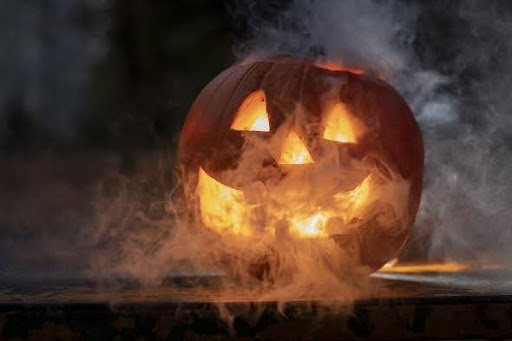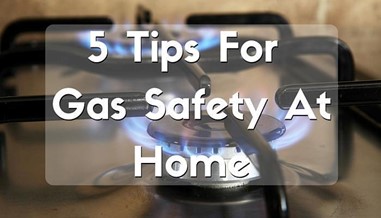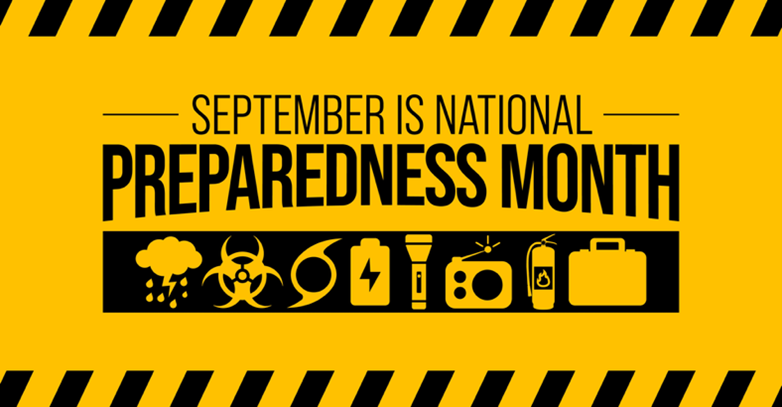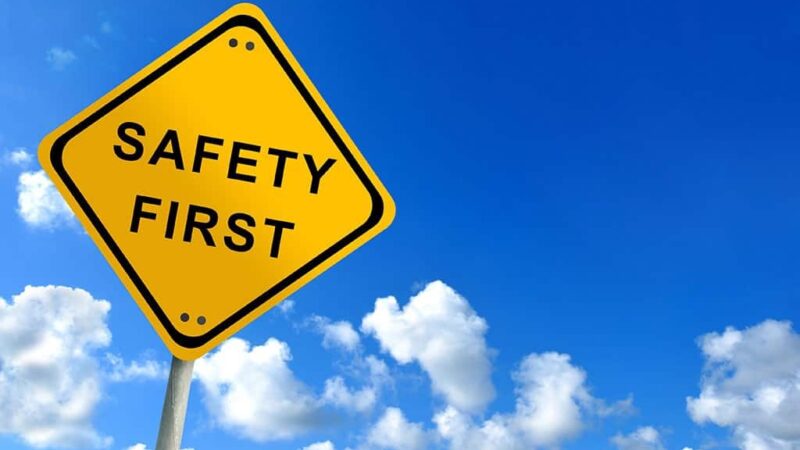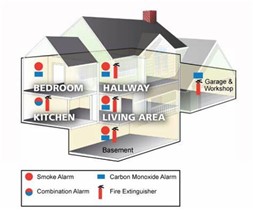Got CO? What to Look For, What to Do
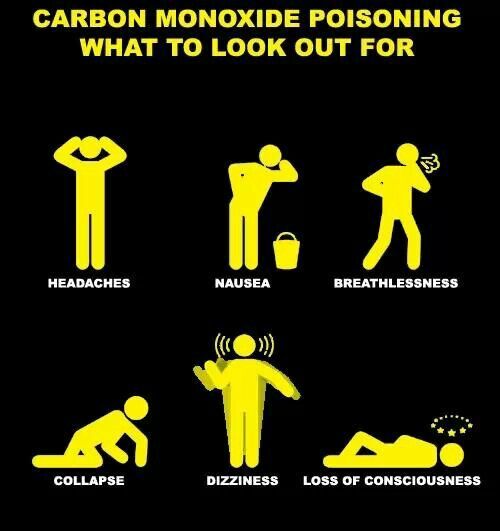
Carbon Monoxide is a toxic, flammable gas that is produced when a fuel is burned without proper air for complete combustion. It may happen for a number of reasons:
- Insuffient air supply for complete combustion
- Improper venting of equipment
- Faulty appliances
- Lack of ventilation around appliances
Carbon Monoxide is colorless and odorless and is absorbed into the blood 200 times faster than oxygen.
How to Recognize Carbon Monoxide in your home:
- Black soot build up on or around air registers, flues, burners or access openings to appliances
- Excessive condensation on inside of windows
- Abnormal flame characteristics, such as a yellow gas flame instead of blue, flame rolling out of the front of an appliance or flame lifting off the burner
- Dead or dying houseplants and animals (houseplants and pets are highly susceptible to carbon monoxide in the air)
- Install carbon monoxide detectors that will sound an alarm when CO build up reaches unsafe levels.
Symptoms of Carbon Monoxide Poisoning are:
- Burning eyes
- Headache
- Dizziness
- Fatigue
- Nausea
- Confusion
- Unconsciousness
What to do if you suspect carbon monoxide in your home:
- Get fresh air into your home or business by opening doors and windows.
- If anyone is experiencing symptoms of carbon monoxide poisoning, get outside to fresh air and call local emergency personnel.
- Call a qualified plumbing or heating professional to inspect your appliances.
Steps to take to avoid Carbon Monoxide in your home:
- Before each heating season, have your heating system checked by a qualified plumbing or heating professional.
- Make sure appliance vents and exhaust ducts, such as those on water heaters, dryers and ranges, are not blocked, are in good condition and are properly connected to exhaust the combustion gases out of doors. Keep the area around the furnace and water heater clear.
- Check your chimney to make sure it is not blocked by dirt or bird nests. You can do this by inserting a mirror in the clean-out opening to view the top. Replace rusted vent pipes.
- Never operate your car or other gas-powered engines in an enclosed space, such as a garage.
Your local fire department can provide you with, or direct you to a business or Web site where you can purchase a carbon monoxide detector. Similar to a fire alarm, these detectors will sound off if CO builds up in your home or office. If the detector sounds the alarm, open the doors and windows, call a professional to check your appliances and call 911 or the Poison Control Center at 800-222-1222 if anyone is experiencing symptoms of CO poisoning.


